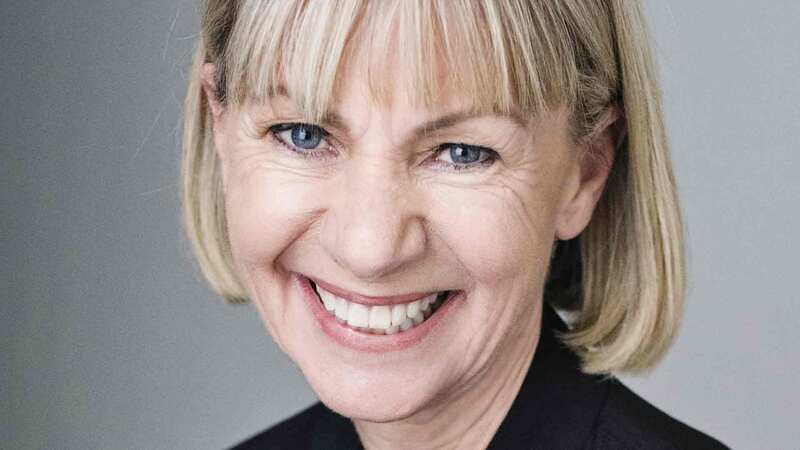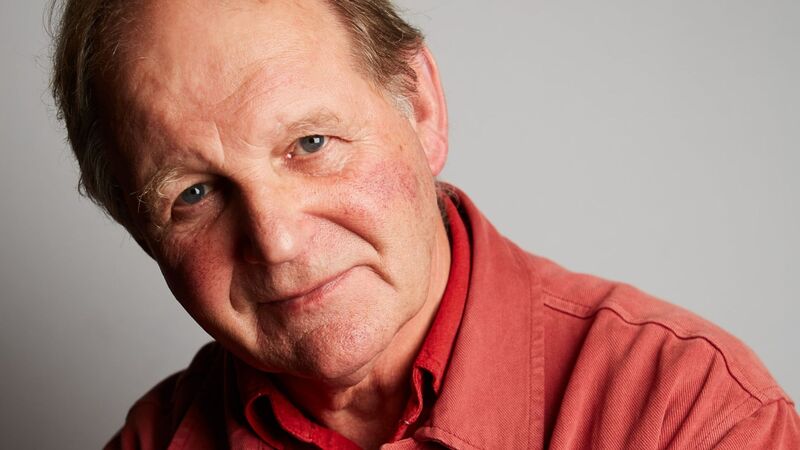You are viewing your 1 free article this month. Login to read more articles.
New Women's Prize longlist fee could pose 'serious barrier to entry', fear indies
The Women’s Prize for Fiction has introduced a new £1,000 fee for publishers whose books make its longlist of 16. Reaction online to the rule change reveal concerns the fee could pose "a serious barrier to entry" for smaller presses.
Independent publisher Galley Beggar Press took to Twitter yesterday to share it had just noticed the new rule which could prove "catastrophic for small publishers" in its estimation. "£1000 isn't small change to us," said Galley Beggar Press. "Our author won this prize a few years ago when we were even smaller. It would have been near impossible for us to enter with these rules."
Edinburgh independent Stirling Publishing said: "That’s us out. Perhaps we could have an alternative prize, The Poundland Women’s Prize?"
Sarah Crown, the Arts Council's director of Literature, weighed in: "This presents a serious barrier to entry for independent publishers, which in turn is likely to have an impact on the prize. The idea that the @WomensPrize could miss out on the next A Girl Is A Half-Formed Thing is a dispiriting one."
Galley Beggar Press referred to a letter it had received from the Prize, sent to publishers from Jo Prior, chair of the WPFF Board, which notes "a small but important change to our terms and conditions for the prize, which affects publishers directly: namely, by introducing a small fee of £1,000 for the 16 longlisted books, in addition to the existing fee of £5,000 - which remains unchanged - for each of the novels shortlisted".
In the letter, Prior explained the Prize had applied to become a charity and will be changing its name to become the Women’s Prize Trust, a process which has involved "reconfiguring our governance and diversifying our funding model to allow gifts and donations tax efficiently to sit alongside our new family of multiple sponsors".
Whereas previously the Prize relied on funding from one sponsor - known for the past four years as the Baileys Women's Prize for Fiction, and before that, the Orange Prize for Fiction (1996-2012) - in 2018 it had three different partners: cream liqueur company Baileys, professional services firm Deloitte and the bank NatWest; during the prize ceremony awarding 2018's prize to Kamila Shamsie, attendees were told the three brands' sponsorship of the prize was "not enough" however and that it needed to raise more money through patronage.
With regards to the new longlist fee - "the first change in contribution levels in many years", the Prize noted - Prior said the publisher contribution was "a vital part of the patchwork quilt of funding needed to sustain the WPFF", and made the case, given the growth of the digital footprint of the WPFF, that the sales uplift for titles as a result of media coverage "more than compensates for this levy". A report has been commissioned showing how well sales of WPFF titles have performed in the TCM over the last three years, she said.
The Prize said it did not wish to discourage entries from smaller publishers, and will happily talk directly to any publisher for whom the fee would be prohibitive. This is as outlined in its terms and conditions, wherein a caveat states, "This stipulation is subject to appeal by a publisher for whom such expenditure would prove prohibitive and may be adjusted or waived at the discretion of the Women's Prize Trust".
"I do appreciate that marketing budgets are besieged from all directions, and so this increase is not made lightly," Prior said in her letter. "We would not wish the contribution level to prevent any smaller publisher from participating in the prize, so will be happy to talk directly to any publisher who has difficulties in meeting the additional fees."
Kate Mosse, founder of the Prize, told The Bookseller she would encourage concerned publishers to get in touch, emphasising it wanted "as wide a range of publishers as possible" to enter. These discussions would be "confidential", she stressed; however no publishers have as yet reached out to express concerns surrounding the fee.
"It’s the only change that’s been made to the rules and regulations for the Prize this year. I very much ask any publisher who feels there is any sort of issue for them to be in touch immediately. It is completely confidential for them and we will have that conversation with them privately and directly," said Mosse.
"We want to have entries from as wide a range of publishers as possible making sure every woman whose book is eligible is entered and can be entered. We have a wonderful track record with smaller publishers, and we have always worked with publishers of all sizes. The list of shortlisted and winning authors shows that. I think all publishers will be completely confident there will be a conversation to be had.
"We don’t want it to make any difference at all – but our goal is that the Prize is always outward facing and puts amazing books on the longlists – as well as the shortlists and the winner – into the hands of readers that want them and to run the promotions that will deliver those things. We want to make sure we grow the readership for all longlisted, shortlisted and winning books."
















